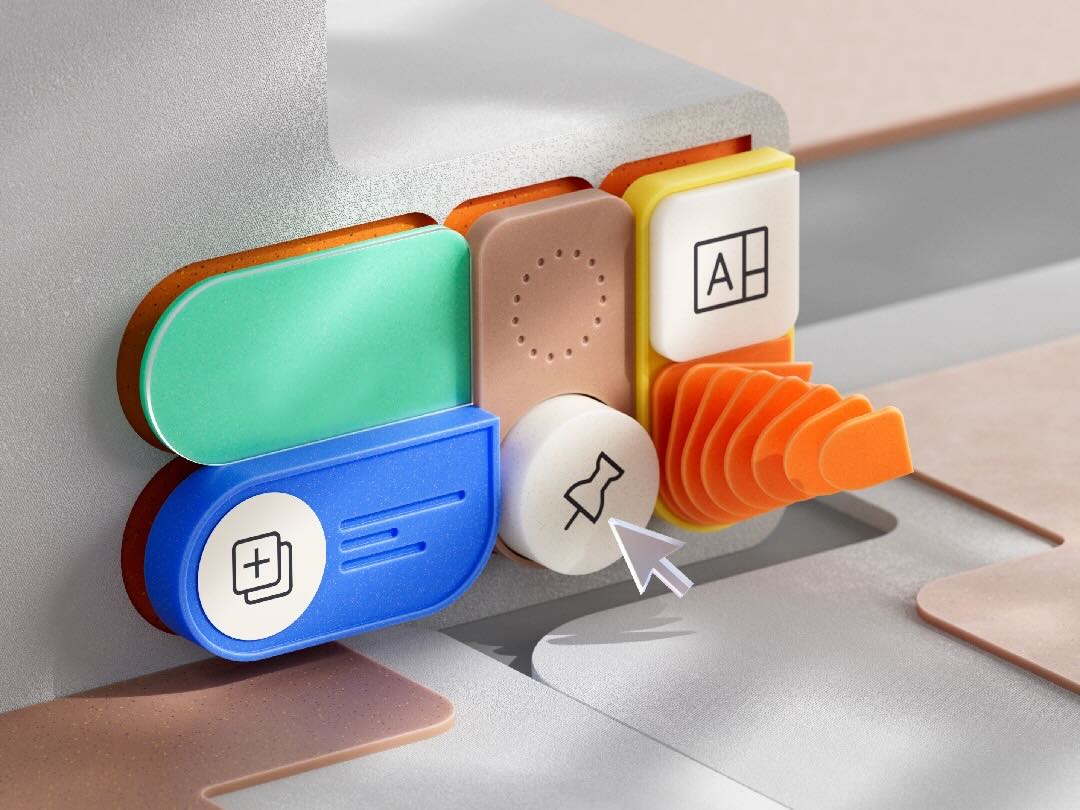Adding Link Rel Attributes
11 min
In this article
- How link rel attributes work
- Types of link rel attribute
- Adding link rel attributes to your links
Important:
- Using link rel attributes is an advanced topic. Using them incorrectly can cause issues with your site appearing in search results. Wix Customer Care cannot help you with adding or updating the link rel attributes on your site.
- We recommend reading Google's guidelines on link rel attributes before you make changes to your site.
You can add link rel attributes to URLs in your site's content to define the relationship between your site's pages and external pages that you link to.
For example, if you have a blog post on your site has a link to the website of one of your sponsors, you can add the "sponsored" link rel attribute to the link to define the paid relationship between your page and the external page.

How link rel attributes work
When you add a link to a page on your site, HTML code describing the link is added to the code of the page. For example, imagine you add a link on one of your pages to the website of one of your sponsors. Let's say the link's URL is "https://mystunningwebsite.com" and you add it to this text on your page: "Check out our sponsor's website for more exciting deals".

In the code of your page, the following code gets added for the new link:
<a href="https://mystunningwebsite.com">Check out our sponsor's website for more exciting deals</a>
Link rel attributes are additional pieces of code that you can add to links to give search engines and browsers more information. You can use them to define the relationship between the referring page and the external page. For example, if you add the "sponsored" attribute to your link, it looks like this in your page's code:
< a href="https://mystunningwebsite.com" rel="sponsored">Check out our sponsor's website for more exciting deals</a>
Link rel attributes can be important for your site's SEO. Search engines and browsers also use link rel attributes to help decide how to display a page. For example, Google may mistake sponsored links on your site as bought links to try to manipulate your search ranking. Adding the "sponsored" link rel attribute defines the relationship and reduces the chance of your ranking being penalized.
Types of link rel attribute
The table below explains the link rel attributes that you can use on your site's content.
Type | Explanation |
|---|---|
nofollow | Used to tell search engines not to crawl the linked URL for associate it with your site. This tells search engines that you are not responsible for the linked content and that the external page is not related to your site. |
sponsored | Used to mark paid links such as advertisements or paid placements. This lets search engines know that you've been paid to add this link to your page and reduces the chance that you'll be penalized for trying to manipulate search engine rankings. |
ugc | Identifies user-generated content (ugc) on your site. For example, you can use this to identify links to blog comments or forum posts. This is important if you want to identify user-generated content on your site as potentially lower quality or less credible compared to content that you created yourself. |
noreferrer | Prevents any referral information from your site being passed on to website you're linking to. It also hides referral information from web traffic analysis tools such as Google Analytics. |
noopener | Prevents a potential security vulnerability where a malicious website could gain access to your website when an external link opens in a new tab. Noopener stops this from happening by blocking window.opener javascript functions. |
Adding link rel attributes to your links
You can add link rel attributes to your links in Wix Blog posts, Wix Forum posts, Wix Groups info, Online Program steps, Wix FAQ app answers, and CMS rich content fields.
Note:
The link rel attributes that you can use depend on the product. For example, links in Wix Blog posts can only use the "nofollow" and "sponsored" attributes.
Learn how to add link rel attributes to:
Wix Editor page elements
Studio Editor page elements
Wix Blog post links
Wix Forum post links
Wix Groups info links
Online Programs step links
Wix FAQ App answer links
CMS rich content field links
Buttons and images linked to URL fields and dynamic pages in CMS datasets


 .
.
 .
.
 in the top bar.
in the top bar.
 next to the post you want to edit.
next to the post you want to edit.


 next to the answer that you want to edit.
next to the answer that you want to edit. 
 in
in 
 .
. on the element.
on the element. 
